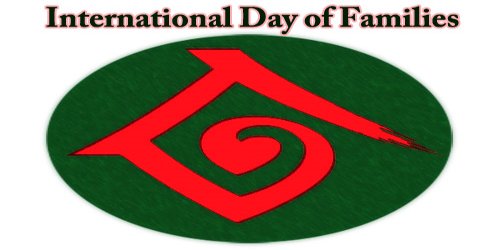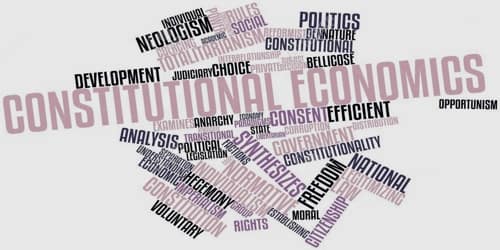The family is the basic and natural unit of society, which plays a critical role in nurturing and caring for individual family members, from children to youth, men, women, people living with disabilities, and the older generation. Families bear the primary responsibility for the development, education, and socialization of children. They provide material and non-material care and support to their members and are a backbone of intergenerational solidarity and social cohesion. The International Day of Families is observed on the 15th May every year. The Day was proclaimed by the UN (United Nations) General Assembly in 1993 with resolution A/RES/47/237 and reflects the importance the international community attaches to families. The International Day provides an opportunity to promote awareness of issues relating to families and to increase knowledge of the social, economic and demographic processes affecting families. The year 1994 was proclaimed as the International Year of Families by the United Nations. This was a response to changing social and economic structures, which have affected and still affect the structure and stability of family units in many regions of the globe. The International Day of Families, on May 15, is an occasion to reflect on the work started during 1994 and to celebrate the importance of families, people, societies, and cultures around the world. It has been held every year since 1995.
The International Day of Families is a global observance and not a public holiday. A wide range of events are organized at local, national, and international levels. These include: workshops, seminars, and policy meetings for public officials; exhibitions and organized discussions to raise awareness of the annual theme; educational sessions for children and young people; and the launch of campaigns for public policies to strengthen and support family units. In some countries, tool kits are created to help people organize celebrations aimed at a particular section of the population, such as school children or young adults. Family is a source to overcome social and individual fears, a family is the part and parcel of our joys and distress; family helps us come out of economic burdens as every member of the family suffers during poverty and economical failures. Communities must promote an understanding of disability issues and mobilize support for the dignity, rights, and well-being of persons with disabilities. People with disabilities form part of families and communities and they have a right to be heard, to be understood, and to evolve like everyone else. The symbol of the International Day of Families consists of a solid green circle with an image in red. The image consists of elements of simple drawings of a heart and a house. This indicates that families are the center of society and provide a stable and supporting home for people of all ages.
















